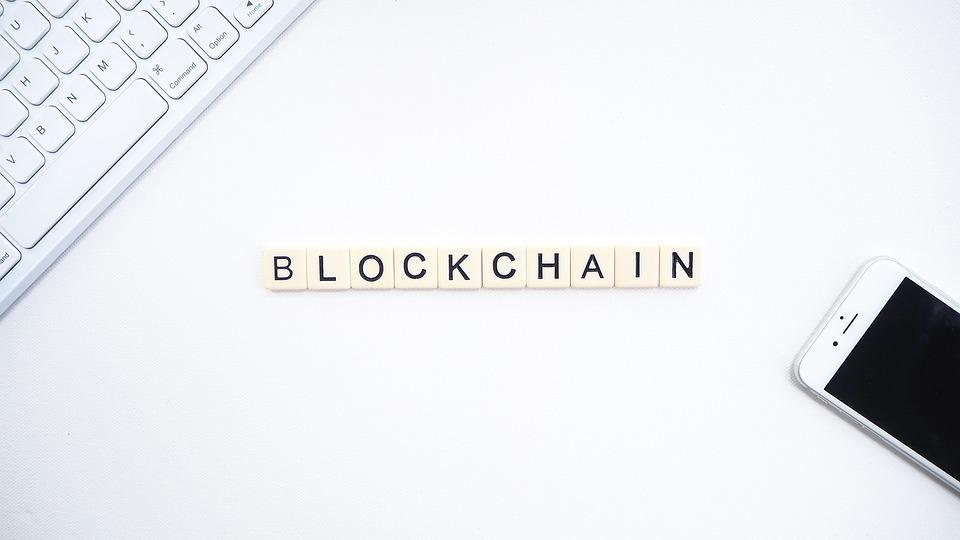Blockchain is not just a buzzword; it’s the backbone of a financial revolution. Imagine a world where every transaction is secure, transparent, and incredibly efficient. That’s the promise of blockchain technology, and it’s transforming how we think about finance.
Understanding blockchain is crucial, not only for tech enthusiasts but for anyone who engages in transactions—yes, that includes you. This technology is reshaping the economy, and it’s vital to grasp its implications for your financial future.
Contents
What is Blockchain?
At its core, blockchain is a decentralized digital ledger that records transactions across many computers. This ensures that the record is immutable and cannot be altered retroactively. Each block in the chain contains a number of transactions, and once a block is filled, it is added to the chain.
Why Should You Care?
- Security: Your transactions are protected by cryptography, making fraud nearly impossible.
- Transparency: Every participant can view the transaction history, promoting trust.
- Cost Efficiency: Lower transaction fees mean more money in your pocket.
These aren’t just technical benefits; they touch your daily life. Whether you’re buying a house, sending money across the globe, or investing, blockchain can enhance your experience.
The Evolution of Transactions
Traditional Transactions vs. Blockchain Transactions
In a traditional financial system, transactions often involve multiple intermediaries—banks, payment processors, and more. This can lead to delays and increased costs.
With blockchain:
- Speed: Transactions can be processed in real-time.
- Directness: You can send money directly to your recipient without a middleman.
- Global Reach: Blockchain networks operate 24/7, allowing you to transact anytime, anywhere.
Let’s explore how blockchain is making these shifts possible.
How Blockchain Works
The Building Blocks
Understanding the key components of blockchain can empower you to make informed decisions:
-
Nodes: These are individual computers that maintain the blockchain. They validate and relay transactions.
-
Blocks: Each block contains a list of transactions. Once verified, blocks are added to the chain.
-
Consensus Mechanisms: These methods ensure all nodes agree on the validity of transactions. Common mechanisms include Proof of Work and Proof of Stake.
-
Smart Contracts: Automated contracts that execute when predetermined conditions are met. Say goodbye to manual processing and hello to efficiency.
The Role of Cryptocurrency
Cryptocurrencies like Bitcoin and Ethereum are built on blockchain technology. They serve as digital currencies that can be used for transactions without traditional banks. You’re not just investing; you’re adopting a new way to think about money.
Real-World Applications of Blockchain
Banking and Financial Services
Imagine walking into a bank and knowing your transaction will be completed in seconds. Financial institutions are already leveraging blockchain to streamline processes:
- Cross-Border Payments: Sending money internationally can take days. With blockchain, it’s nearly instantaneous.
- Lending: Smart contracts can automate lending processes, making them quicker and more transparent.
Supply Chain Management
Blockchain is revolutionizing how goods move from producers to consumers.
- Traceability: You can track the origins of your products, ensuring they meet ethical standards.
- Efficiency: Reduced paperwork and faster payment processes.
Healthcare
In healthcare, blockchain can manage patient records securely:
- Privacy: Your medical data is protected while remaining accessible to authorized personnel.
- Interoperability: Different healthcare providers can share information seamlessly.
The Benefits of Blockchain for You
Enhanced Security
With blockchain, your financial data is encrypted and securely stored. You can confidently engage in online transactions, knowing your information is safe.
Greater Control Over Your Assets
Blockchain allows you to hold digital assets without relying on centralized institutions. You’re in charge of your financial future.
Lower Fees
By cutting out middlemen, blockchain reduces transaction costs. More savings means more freedom to spend on what truly matters to you.
The Challenges Ahead
Regulatory Hurdles
Governments worldwide are still figuring out how to regulate blockchain technology. While some countries embrace it, others are hesitant. This can lead to uncertainty for users.
Scalability Issues
As more people adopt blockchain, the demand for transactions increases. Some networks struggle to handle large volumes, which could slow down processing times.
Security Concerns
While blockchain is secure, exchanges and wallets are not immune to hacks. It’s crucial to use reputable platforms and practice good security hygiene.
The Future of Finance: What’s Next?
Integration with Traditional Systems
Expect to see more partnerships between blockchain companies and traditional financial institutions. This hybrid approach can enhance security and efficiency across the board.
The Rise of Decentralized Finance (DeFi)
Imagine a financial system without banks. DeFi platforms allow you to lend, borrow, and trade without intermediaries. This democratizes finance, putting power back in your hands.
NFTs and Beyond
Non-Fungible Tokens (NFTs) are making waves as unique digital assets. From art to real estate, they’re changing how we perceive ownership and value.
Bottom Line
The future of finance is bright, and blockchain is leading the charge. It’s not just a trend; it’s a transformative force that can impact your life in profound ways. From security to transparency, the benefits are clear.
Are you ready to embrace this change? Start educating yourself about blockchain and explore how it can enhance your financial journey.
FAQs
1. Is blockchain only for cryptocurrencies?
No, blockchain has applications in various sectors, including finance, healthcare, and supply chain management.
2. How secure is blockchain?
Blockchain technology itself is highly secure, but user practices and the platforms used can affect overall security.
3. Can I invest in blockchain technology?
Yes, consider investing in cryptocurrencies or blockchain-related companies, but always do thorough research.
Embrace the future. Your financial journey is just beginning!








